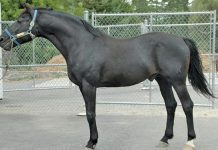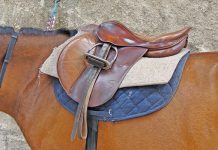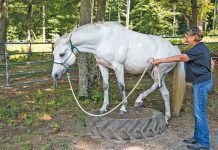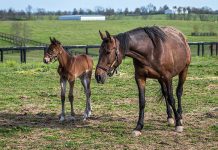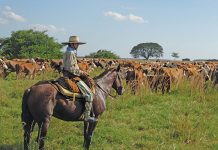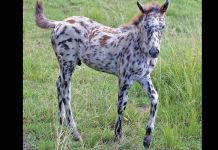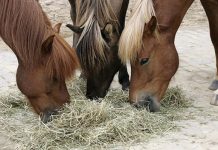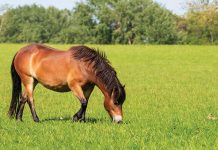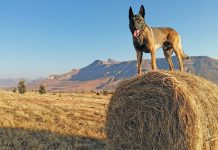The pre-purchase veterinary examination
Before you buy a horse, ask your veterinarian to give it a thorough examination, advises Dr Mac.
Identifying and treating chronic lower-back pain in horses
It is important to be able to recognise the source of back pain in a horse in order to treat and manage it successfully, says Dr Mac.
A fear-reducing pheromone based on natural excretions
The calming effect of equine-appeasing pheromone offers benefits to horse, handler and rider, says Dr Mac.
‘Tying-up’ linked to genetics, training and feeding
Incorrect breed selection, training and feeding can lead to muscle pain and cramping in competition horses, says Dr Mac.
What you need to know about horse insurance
There are several types of horse insurance. It’s important to decide which best suits your horse and your situation, says Dr Mac.
How to create the ‘perfect’ racehorse
Horse racing is a very lucrative sport, and much research and money have been spent on breeding the ‘ideal’ racehorse. Janine Ryan reports on the aspects of conformation and breeding principles that Thoroughbred racehorse breeders and buyers consider before investing in the training of a yearling.
Using horses to manage large herds of cattle
With fuel costs being so high, using horses to manage extensive beef cattle herds makes increasing financial sense, says Dr Mac.
Should you start handling foals early?
When is the right time to begin training a foal? Some trainers believe you should start when the animal is old enough to be ridden, says Dr Mac.
Treating upper airway collapse
Surgery is commonly used to treat upper airway collapse in racehorses, but new breathing exercises using masks may prove better, says Dr Mac.
Cost-saving tips for horse owners
Prices are skyrocketing in South Africa, so it’s worth keeping a monthly budget to make timely decisions on cost-cutting, says Dr Mac.
Change feed, change behaviour!
Starches and fibrous feed influence the composition of gut bacteria as well as the behaviour of a horse, says Dr Mac.
Listening to your horse’s gut
A veterinary examination of a horse should always include listening to its intestinal sounds. However, the owner can do this too, says Dr Mac.

